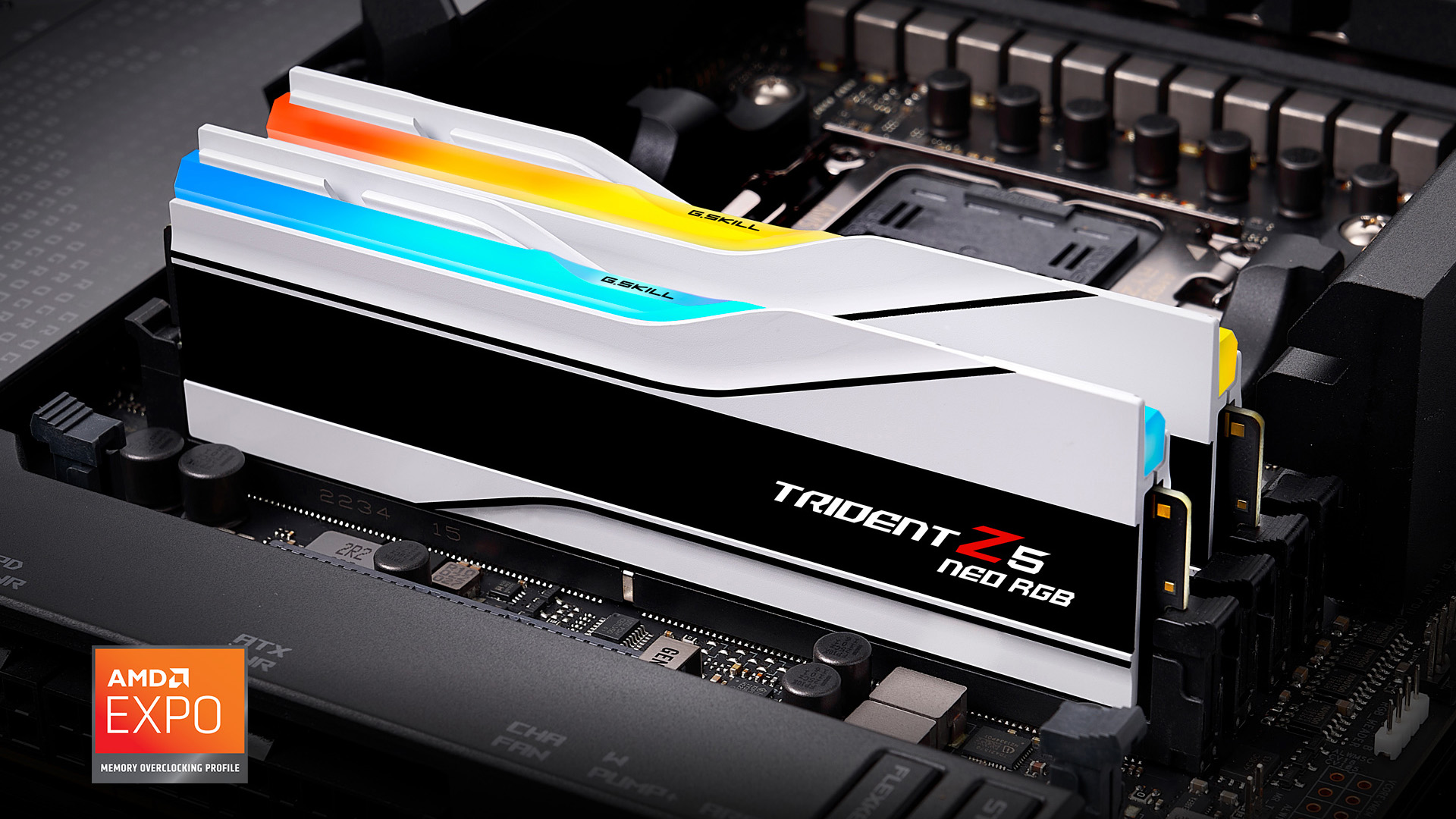
MSI has seemingly introduced a new performance enhancer for its X870E motherboards, improving DDR5 memory latency. Uniko's Hardware on X found that the Latency Killer feature can reduce memory latency by up to 8ns.
This feature was introduced to combat purported memory latency degradation that started with AGESA 1.2.0.2a on AM5 motherboards—1.2.0.2a was the microcode update that added support for Ryzen 9000X3D CPUs. An AIDA64 benchmark run comparing the latency booster to default operating reveals an 8ns improvement in latency when turned on. This test was run on a Ryzen 7 9800X3D and an MPG X870E Carbon WiFi motherboard paired with DDR5-8000 CL38 memory running in combination with High-Efficiency mode tuned to the highest preset.
The new Latency Killer option can be found in the advanced menu section of MSI's latest MPG X870E Carbon WiFi BIOS in the overclocking submenu next to the High-Efficiency mode and FCLK frequency options. There are three options in total: Auto, Enabled, and Disabled. It is unknown what the auto setting defaults to, but presumably, it might be off by default to ensure stability.
The BIOS description for Latency Killer reads, "enhances latency performance but could potentially reduce CPU performance." So, while DDR5 latency improves, it could adversely affect CPU performance.
Contrary to its name, Latency Killer restores memory latency performance to what it was with previous AGESA updates rather than improving performance beyond what these updates have provided in the past or present. It remains unknown what Latency Killer does precisely to reduce latency, but these latency adjustments are generally made through memory controller optimizations.
Regardless, this latency degradation issue is purportedly going to be rectified in future AGESA microcode updates for AM5 motherboards.
Thankfully, 8ns of memory latency is not a huge deal, and most people will probably never notice such latency, even in games, especially with X3D-equipped Ryzen CPUs, which help hide memory latency with their massive 96MB L3 cache capacity. So, unless you're an extreme overclocker pushing for world records, the 8ns isn't something you'd worry about.







